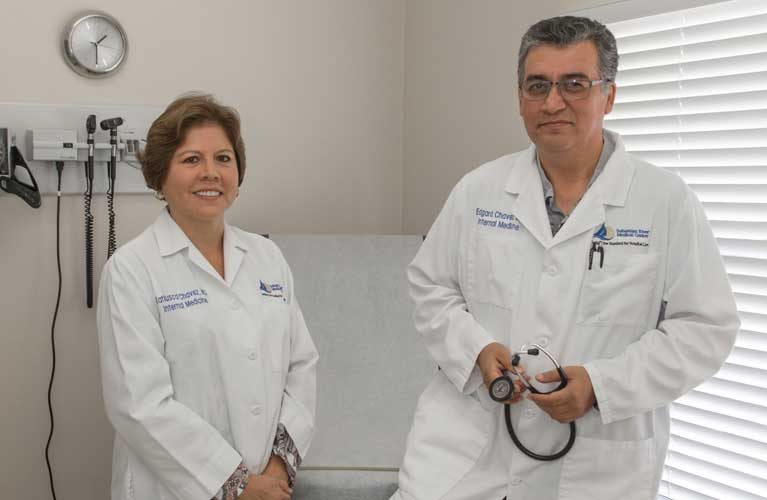
According to the New York Times, a mere 5 percent of this country’s population accounts for nearly half the nation’s healthcare spending.
It’s not the patients’ fault, and it’s not their doctors’ fault, either. The problem is the growing number of Americans with two or more chronic conditions.
According to iSalus Healthcare, a cloud-based electronic health records service, “data from the United States Agency for Healthcare Research and Quality found that people who have multiple chronic conditions are prescribed more than 14 times the amount of medication versus those that did not have chronic conditions,” and, it says, those patients require eight times the number of doctor visits and are five times more likely to be admitted to hospitals than those who do not suffer from multiple chronic conditions.
What are these “chronic conditions?
Take your pick – dementia, asthma, atrial fibrillation, cancer, depression, COPD, hypertension, arthritis, cystic fibrosis, diabetes and osteoporosis are some of them.
The Centers for Medicare & Medicaid Services (CMS) estimates that nationwide, 70 percent of Medicare beneficiaries – roughly 35 million people – have two or more chronic conditions.
Here on the Treasure Coast, the husband and wife team of Dr. Edgard and Dr. Katiusca Chavez of the Sebastian Medical Group put that figure even higher.
There is, however, some good news.
Modern Healthcare reports that “a CMS experiment [started in 2015] that compensates doctors to improve care for the sickest Medicare beneficiaries called ‘Chronic Care Management’ or CMM, is showing signs of both saving money and improving quality.”
Good as that sounds, though, physicians say there are flaws in the program that need to be overcome.
As Dr. Edgard Chavez explains of his current practice, “we have patients with chronic diseases who take at least 10 or more medications … when they start to have problems, for whatever reason, that’s when they come into our office and we handle [their problems] here and we don’t have to send them to the hospital.” That alone is a massive savings for Medicare.
However, as the American College of Physicians points out, to officially participate in the CCM program, physicians must not only offer “face-to- face encounters” – the CMS definition of an office visit – but also 24-hour accessibility by phone or online.
Indeed, having “electronic care plans” already in place is a key component for participation in CCM.
Dr. Katiusca Chavez says to meet that requirement, “we’d need to add staff” just to qualify, and with CCM’s new coding and billing system that, quite frankly, can be something of a roll of the dice from a financial and business point of view. In fact, Dr. Edgard Chavez candidly says the new system can be “a pain in the neck.”
“It’s not the chronic care or the patients that’s the problem,” he explains. “The problem is how [CMS] created this system. We finish our jobs at 5 p.m. now, but we don’t go home until 8 to 8:30 p.m. Every single day.” Meeting all the CCM requirements would require even more hours in the office for the Chavez team.
How many more? Edgard Chavez rolls his eyes at the question, suggesting it would be many more.
Adding two or three more fulltime staff members while simultaneously increasing their own office hours makes full participation in CCM an “iffy” proposition for many primary care practices, especially when the “reward” is only $50 a month in reimbursements for each patient with multiple chronic conditions.
Still, it’s clear this bilingual pair of internal medicine specialists will do whatever they have to do to keep building their relationships with – and caring for – their chronically ill patients. And that’s a very good thing.
As the trade journal Medical Economics points out, “the increasing prevalence of chronic diseases will continue to be felt acutely in every primary care physician’s office nationwide.” In fact, it projects that “by the year 2020, 157 million Americans will have multiple chronic health conditions.”
Those patients, just like today’s, include “veterans with disabilities, grandparents with Alzheimer’s, young women with lupus, kidney transplant recipients and factory workers with cancers that rage through rounds of chemo,” according to the New York Times. One way or another, the Chavez team will be here to treat their share of those patients.
Drs. Edgard and Katiusca Chavez’s offices are at 705 Sebastian Blvd. The phone number is 772-388-9066.



